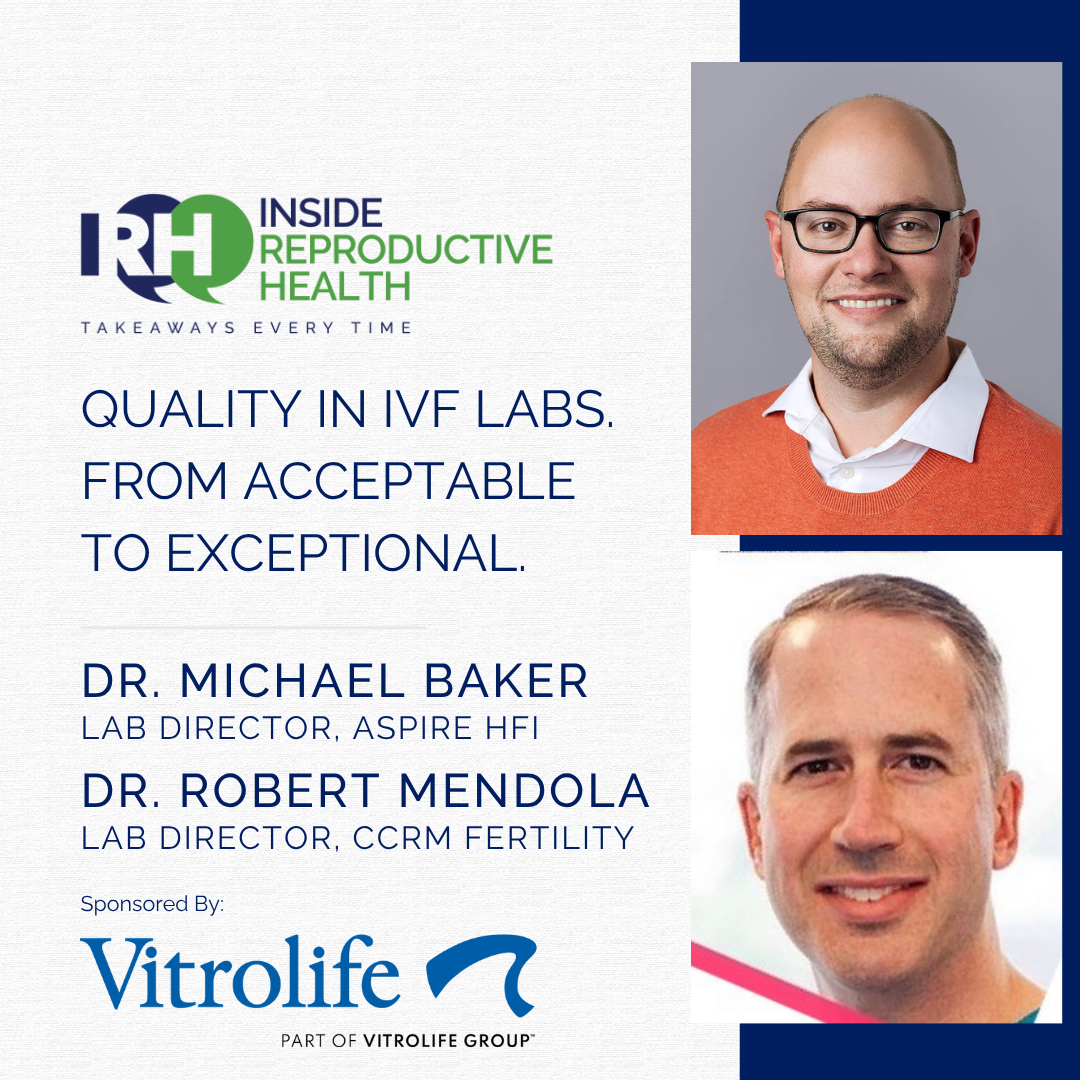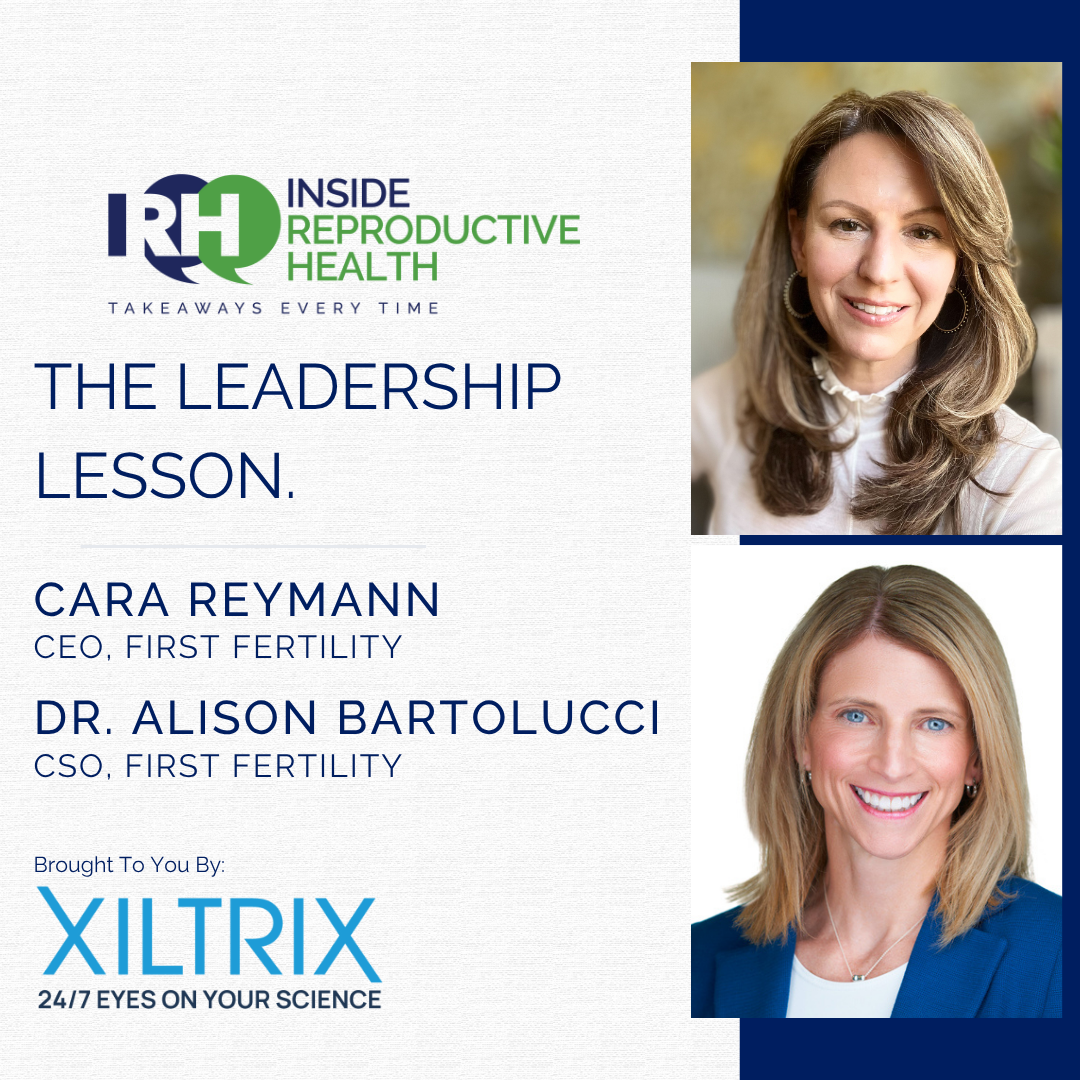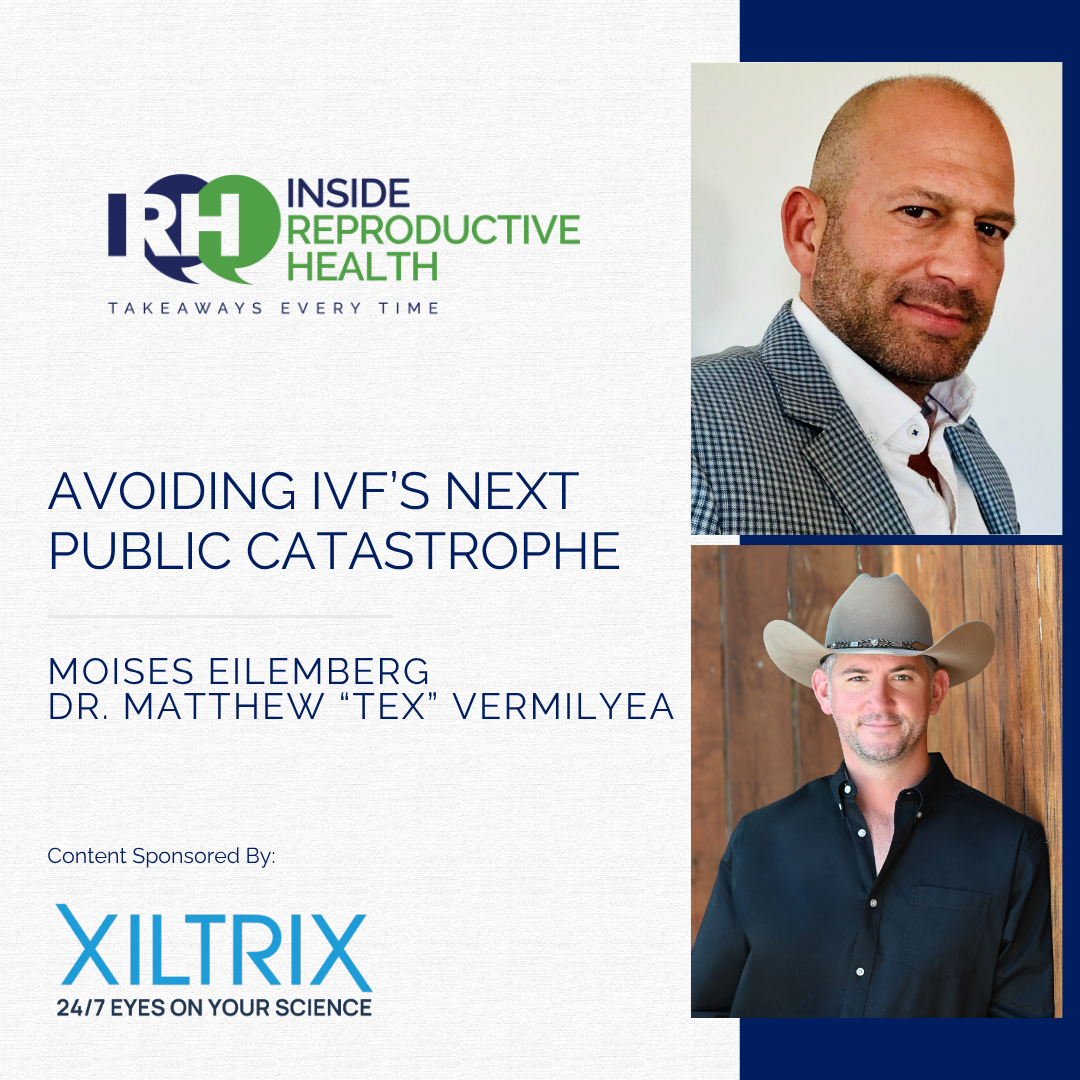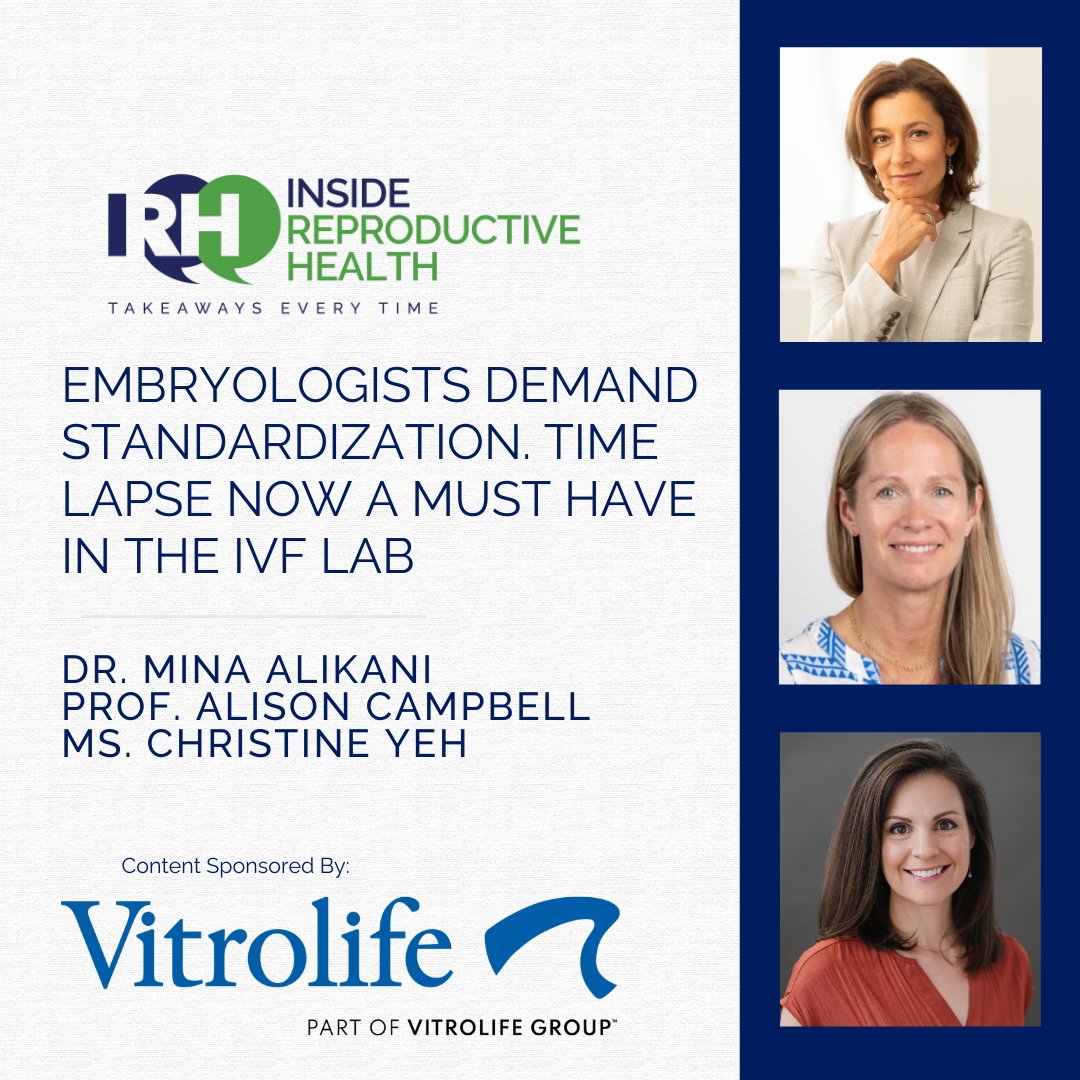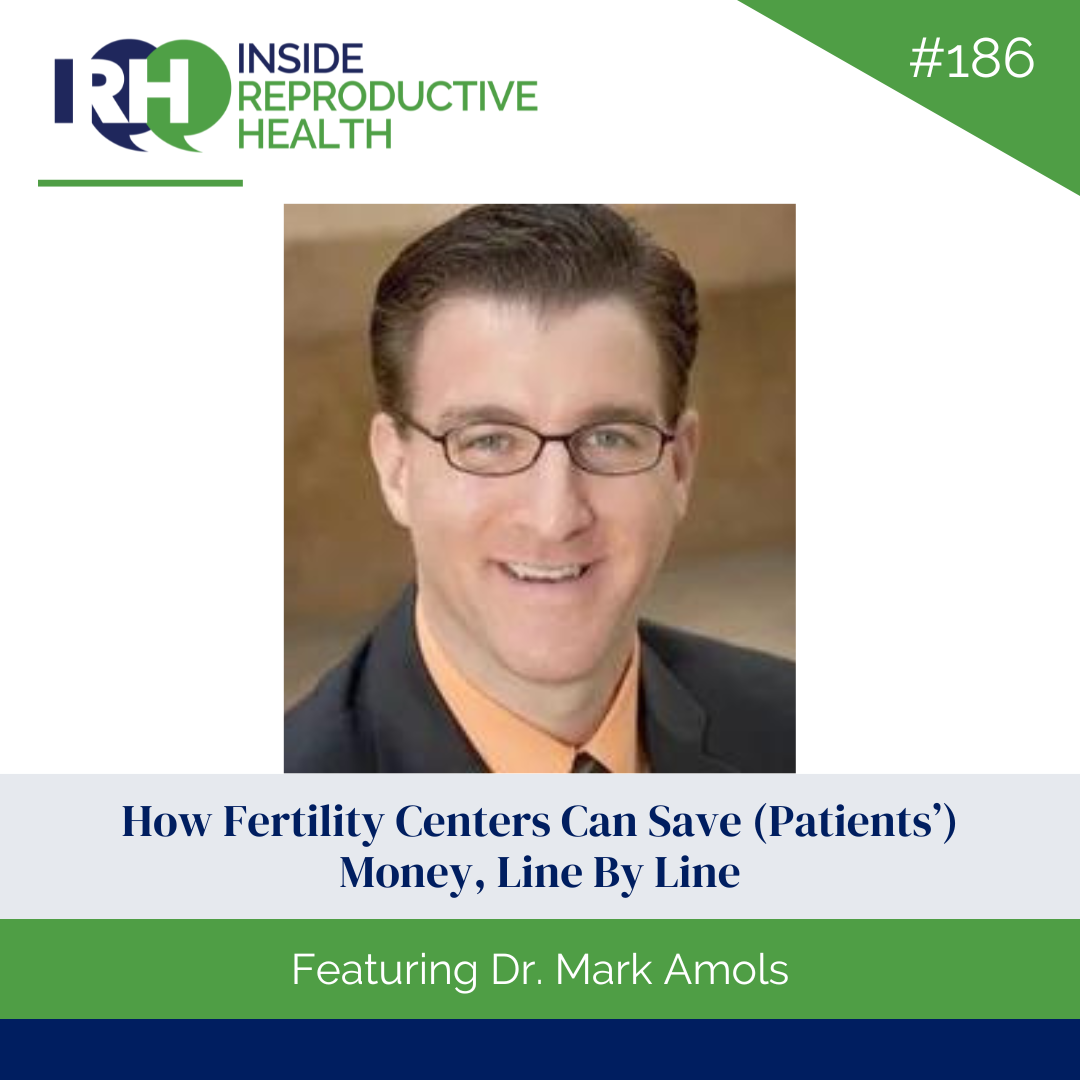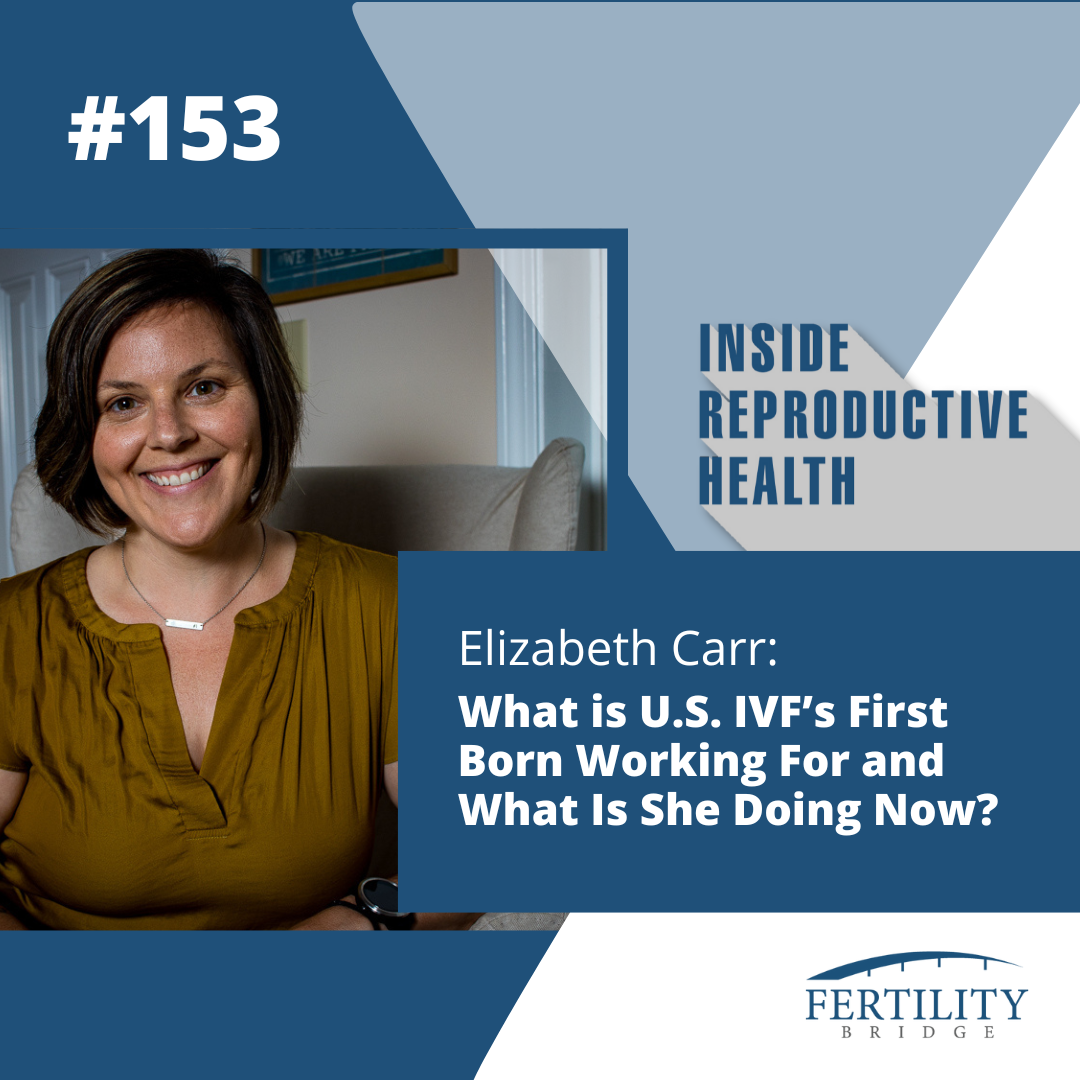In the IVF Lab
The science behind IVF, ICSI, and testing is fascinating. Hear from embryologists and lab directors
in the fertility field share new innovations in the lab and how they are getting the best results for their patients.
Fertility centers often set new patient appointments and IVF retrieval goals without examining their relationship together. When we ask practice owners to state growth goals for new patient appointments and IVF retrievals, the difference almost always equates to a decrease in current IVF conversion rate.
As we head into a new (and hopefully better) year, we wanted to take a look back on all the wonderful, inspiring guests we had on Inside Reproductive Health throughout the year. We talked about affordable care, mentoring new staff in the clinic and the lab. We learned about independent clinics and how they thrive despite heavy network competition, networks and how they continue to provide personalized care even after becoming publicly-owned. We talked about reducing physician burnout and increasing patient communication. And so much more.
On this episode of Inside Reproductive Health, we highlighted your favorite episodes and compiled the best clips into one episode for you to enjoy as 2020 wraps up.
The disposing of embryos has long been a controversial topic in the world of IVF. Clinics can’t afford to keep embryos around when patients have stopped paying their bills. But the ethical and legal implications keep embryo disposition from being a simple decision. Plus, patients aren’t really properly educated on what the limitations of cryopreservation are and clinics aren’t always fully prepared with proper consents and contracts when the time comes to freeze embryos.
On this episode of Inside Reproductive Health, Griffin spoke to Igor Brusil, attorney-at-law and per diem embryologist and legal counsel for the American College of Embryology in Houston, Texas. After working as an embryologist, Igor became interested in the ethical and legal implications of lab procedures, specifically embryo disposition. This led him to pursuing a legal degree and working as counsel for a variety of clients, but his focus remained in healthcare law, risk management, and professional liability.
He brought his unique experience to the show, sharing his thoughts on what clinics can do to protect themselves when it comes to the issue of embryo disposition.
Embryo disposition is a sensitive topic for patients even long after they’ve left a clinic. However, there can also be a burden placed on clinics when it comes to making space and cryopreserving embryo, eggs, or sperm for an extended period of time. On this episode of Inside Reproductive Health, we learn more about how one company is working to alleviate the burden for both the patient and the clinic. Listen to Griffin talk to Andrew Gairani of Embryo Options, a web-based application that provides patients with disposition education and resources, along with other features that make storage easier for everyone.
Are you struggling to retain your lab employees? You are not alone. Retention is a commonly-discussed issue across the field of reproductive medicine, but no one is hurting more than the lab. On this episode of Inside Reproductive Health, Griffin talks to Bill Venier, IVF Lab Director at San Diego Fertility Center. Together, they discuss what SDFC is doing to keep their employees in for the long haul, as well as some ideas to ease the training process of new reproductive biologists.
Donor gametes are a crucial pillar of the field of fertility, but what happens behind the scenes? On this episode of Inside Reproductive Health, Griffin talks to Dennis Marchesi, Director of Laboratory Operations at Xytex, a sperm bank located in Georgia. Together, they talk about the nuances of different labs working together, how Xytex is dealing with cultural changes that are affecting anonymity of donors, and the impact mail-away testing kits are having on the lab.
“...I think fighting consolidation is not going to be a winning strategy in the long run. That being said, I think there's still lots of room for creative, innovative, entrepreneurial operators whether they’re at the clinic level or the supplier level and... as the field gets bigger and gets more interesting from a public capital markets perspective, there's going to be a lot more opportunity for funding those exciting innovations.”
Consolidation, IPO, publicly-owned...all words that weren’t a part of the fertility world vocabulary 10 years ago. Now, they are becoming more and more common, which can be both exciting and nerve-wracking to entrepreneurs in the field. On this episode of Inside Reproductive Health, Griffin Jones, founder of Fertility Bridge, talks to David Wolf, President and CEO of Hamilton Thorne. They discuss the implications of consolidation coming into the fertility world as well as the pros and cons of both publicly- and privately-owned clinics and suppliers.
Click here to learn more about David Wolf and Hamilton Thorne.
To get started on a marketing plan for your company, complete the Goal and Competitive Diagnostic at FertilityBridge.com.
Building and growing an IVF practice can have numerous benefits for both the owners and the patients they serve. But growth can sometimes lead to loss of patient-focused care. On this episode, Griffin Jones, CEO of Fertility Bridge and host of Inside Reproductive Health, talks to Dr. Alan Copperman, Co-Founder and Medical Director of RMA of New York, one of the nation’s largest IVF centers. Together, they discuss how RMA of New York was able to retain their patient-focused culture while exponentially growing the practice. Their approach to delegating important tasks, understanding the “new” patient, and finding the right, compassionate employees has greatly contributed to their success today.
To learn more about Dr. Copperman and Reproductive Medicine Associates of New York, visit their website at https://www.rmany.com/.
Visit fertilitybridge.com to learn more about what Griffin and his team can do for your fertility clinic and take the first step in building your marketing system with the Goal and Competitive Diagnostic.
Preimplantation genetic testing has opened up a world of helping families have successful pregnancies. But when does the testing and selection of embryos go too far? In this episode of Inside Reproductive Health, Griffin talks to Dr. Jamie Metzl, author of Hacking Darwin: Genetic Engineering and the Future of Humanity. They discuss the implications of advanced technologies such as the future of embryo screening and gene-editing. More importantly, Dr. Metzl discusses the significance of understanding the coming technologies and how those in the fertility field can help prepare their patients and the rest of the world for these changes.
- CEO and C Suite 19
- Fertility Patient Relations 104
- Fertility Practice Management 114
- Strategy 78
- Fertility Genetics 4
- Compliance 36
- IVF Lab 31
- Technology 22
- Nursing Management 11
- Training & Education 10
- Technological Innovation 55
- Practice Ownership 7
- Partnership and Recruitment 51
- Physician Leadership 3
- Private Equity and Venture Capital 35
- International Care 20
- Mergers & Acquisitions 2
- Fertility Marketing 87
- COVID-19 15
Subscribe to get the latest updates and episodes delivered to your inbox.

